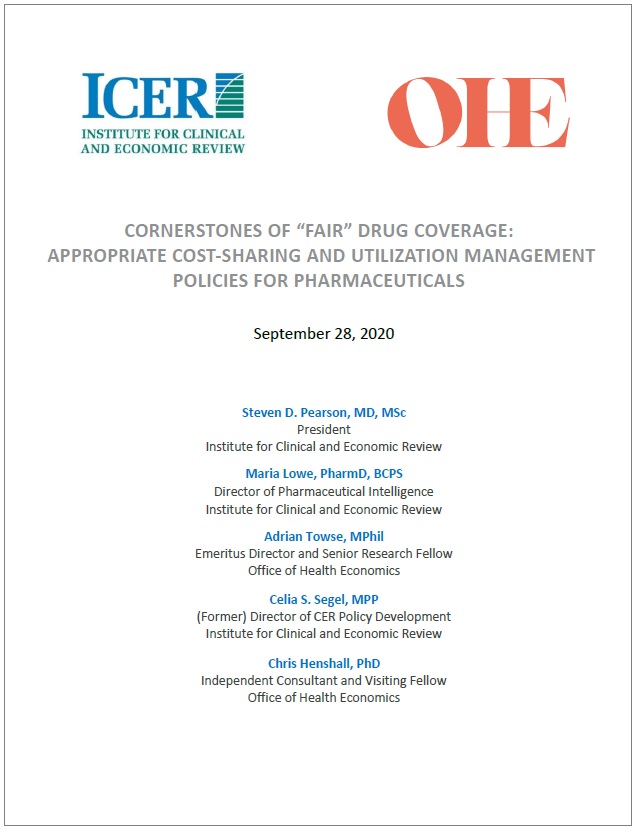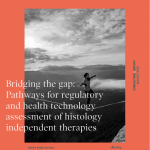Sign up to our newsletter Subscribe
Opportunities to Increase Efficiency in Healthcare

Sign up to our newsletter Subscribe



Just published is a new book entitled “Multi-criteria Decision Analysis (MCDA) to Support Healthcare Decisions”. It features a chapter by OHE’s Martina Garau and Professor Nancy Devlin on opportunities and challenges of MCDA in HTA.
Just published is a book that brings together, for the first time, experts in different approaches to multi-criteria decision analysis (MCDA) and healthcare decision making to provide a comprehensive overview of the current state of knowledge and experience of MCDA in healthcare worldwide.
The book features a chapter by OHE’s Martina Garau and Professor Nancy Devlin, and is edited by Kevin Marsh, Mireille Goetghebeur, Praveen Thokala, and Rob Baltussen.
Martina and Nancy’s chapter, entitled “Using MCDA as a decision aid in Health Technology Appraisal for coverage decisions: opportunities, challenges and unresolved questions”, indicates that MCDA has the potential to address a number of limitations of current health technology assessment (HTA) systems.
A key opportunity provided by the application of MCDA is the possibility of a coherent framework to align objectives across healthcare decision makers.
However, its application in HTA requires careful consideration of a number of issues, including:
• how the decision criteria are selected and weighted;
• whose values should be used;
• how budget constraints and opportunity costs are addressed;
• and how uncertainty in evidence is handled.
A key challenge is to make MCDA acceptable to all the stakeholders involved by striking the right balance between deliberations and more structured approaches.
There needs to be a consideration of the balance between additional organisational costs of implementing an MCDA approach, and the additional benefits of improved decision making process. Garau and Devlin suggest that even where MCDA cannot follow ‘best practise’, partial implementation (for example, use of a performance matrix) may still have the potential to improve the decision making process.
The specific approaches that are considered to be best will depend on the socio-political characteristics of the healthcare system – one size does not fit all.
To access the full chapter, purchase the book here.
For more information please contact Martina Garau at OHE.
Related publications include:
Garau, M., Marsden, G., Devlin, N., Amedeo Mazzanti, N. and Profico, A., 2016. Applying a Multi-criteria Decision Analysis (MCDA) Approach to Elicit Stakeholders’ Preferences in Italy. The Case of Obinutuzumab for Rituximab-Refractory Indolent Non-Hodgkin Lymphoma (iNHL). London: Office of Health Economics.
Devlin, N. & Sussex, J., 2011. Incorporating Multiple Criteria in HTA: Methods and Processes. London: Office of Health Economics.
Sussex, J., Rollet, P., Garau, M., Schmitt, C., Kent, A. & Hutchings, A., 2013. A pilot study of multicriteria decision analysis for valuing orphan medicines. Value in Health, 16, 1163-9.
Marsh K., et al., 2016. Multiple Criteria Decision Analysis for Health Care Decision Making—Emerging Good Practices: Report 2 of the ISPOR MCDA Emerging Good Practices Task Force. Value in Health, 19, 125 – 137.
Thokala et al., 2016. MCDA for Health Care Decision Making – An Introduction: Report 1 of the ISPOR MCDA Emerging Good Practices Task Force. Value in Health, 19, 1 – 13.
An error has occurred, please try again later.